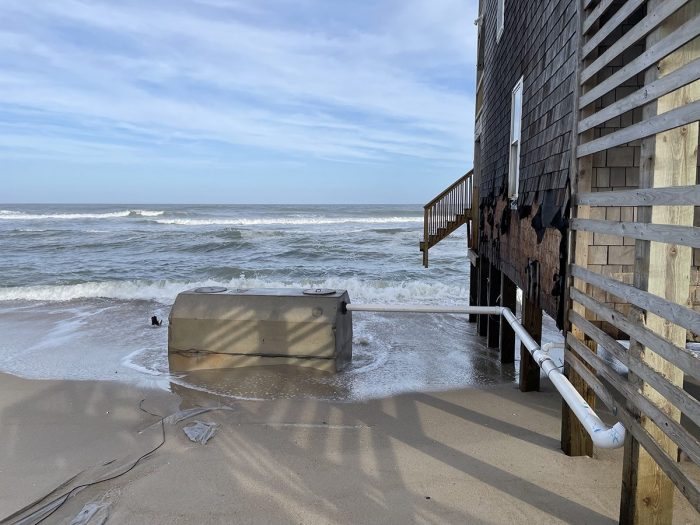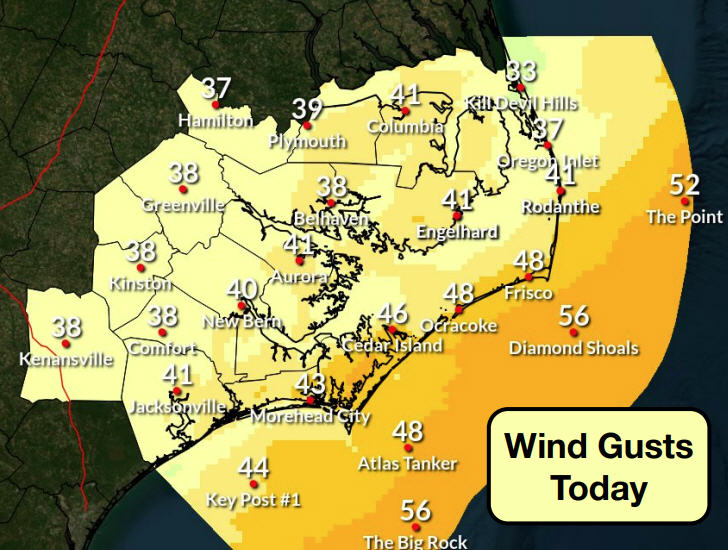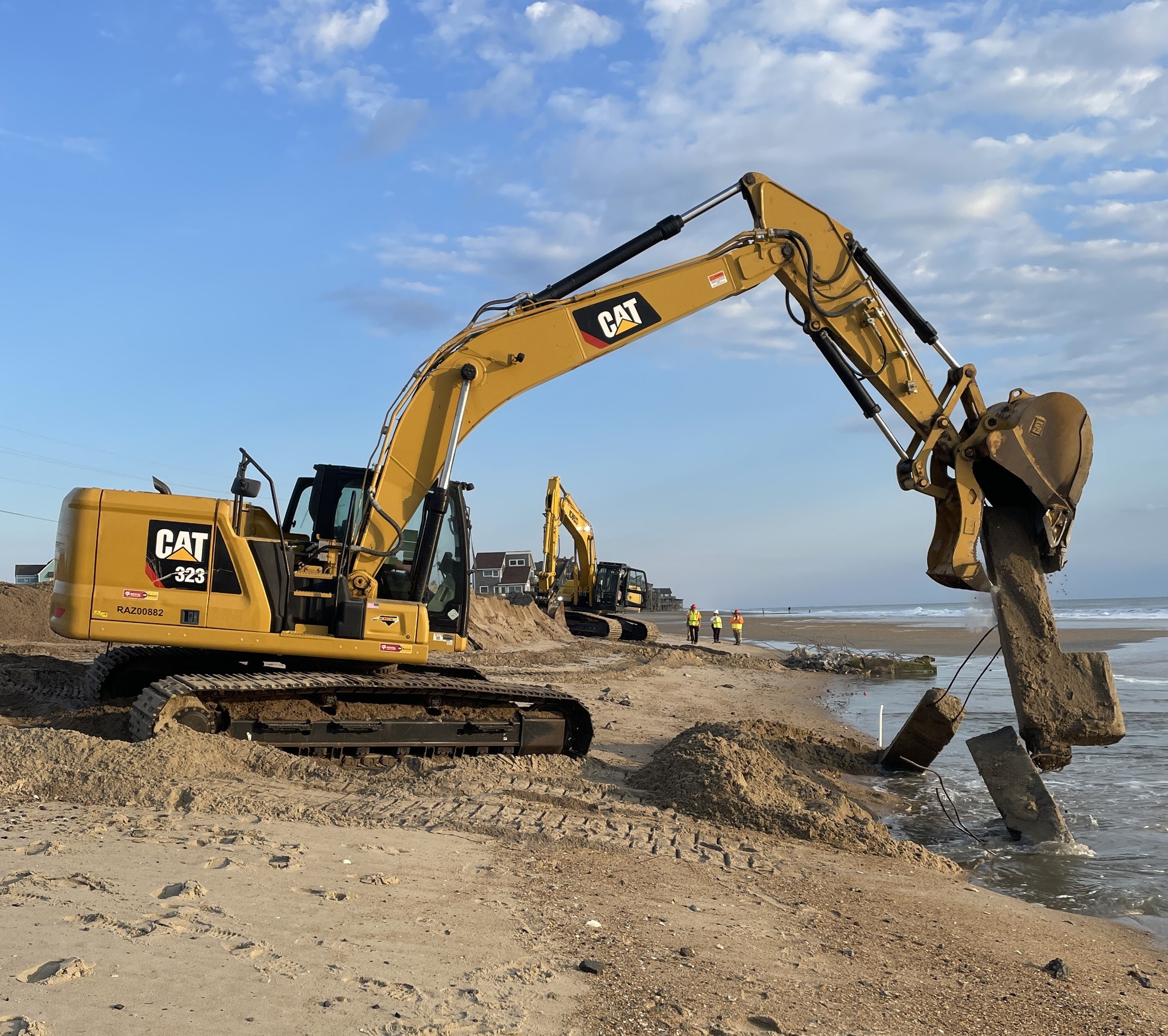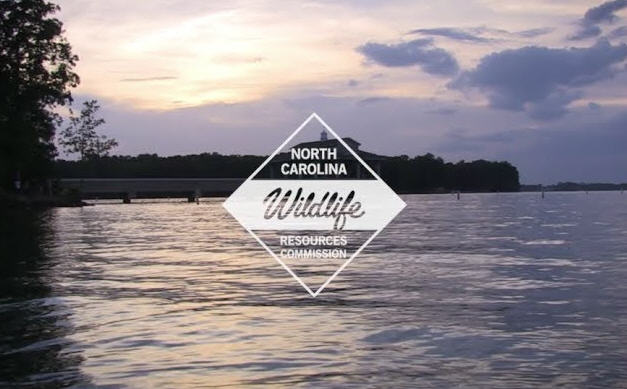Conservation groups urge action on health risks from exposed septic tanks

Two conservation groups recently sent letters to the National Park Service at Cape Hatteras National Seashore and the North Carolina Department of Health and Human Services regarding their immediate concerns about the endangered houses and abandoned septic tanks in the Rodanthe area.
In a May 25 press release, the Southern Environmental Law Center on behalf of the North Carolina Coastal Federation noted that since 2020, five houses have collapsed in Rodanthe near the seashore, “littering North Carolina’s surf and shoreline with dangerous debris including nails, drywall, chemicals, sewage, and other household materials that could contain toxic substances.”
“The collapses leave behind septic tanks that discharge concentrated human sewage onto the beach and into the ocean,” stated the release. “And even before houses collapse, storms and high tides can leave their septic systems exposed, damaged, and leaking sewage onto the public beaches.”

“Both government agencies are responsible for eliminating these health hazards that threaten visitor safety and protecting the national seashore for the use and enjoyment of future generations.”
The letters urge the government agencies to address 1) the exposed and abandoned septic tanks, 2) public health threats posed by debris from past collapses, and 3) the risk caused by houses identified as most likely to collapse next. The letters state that these risks, in the face of climate change, must be addressed before another house falls.
“Immediate action is required to remove exposed septic systems and threatened oceanfront structures to prevent further degradation of the coastal environment and protect the safety and welfare of the public,” said Alyson Flynn, coastal advocate and environmental economist at the North Carolina Coastal Federation. “We support and implore our decision-makers to use their authority to clean up our oceanfront and ensure that coastal management measures protect our coast.”
The Threatened Oceanfront Structures Interagency Work Group met on May 24 by web conference to discuss the issue, and identify potential solutions for moving forward, such as purchasing uninhabitable homes or appealing to lawmakers to make insurance changes that will make structures easier to demolish. Right now, homeowners’ insurance does not cover the cost to demolish a home – only the damage when an oceanfront home collapses.
The work group was established in August 2022 to identify, research, and recommend policy and/or program improvements to establish for addressing structures at immediate risk of collapse, and the group features representatives from the National Park Service, North Carolina Department of Environmental Quality’s Division of Coastal Management, and other stakeholders.

















